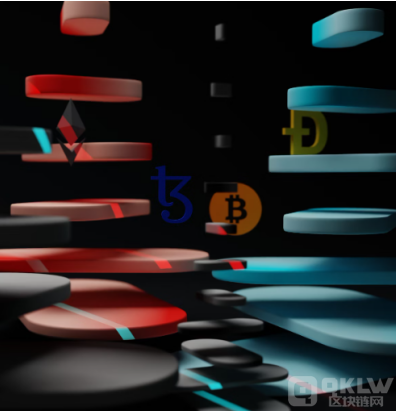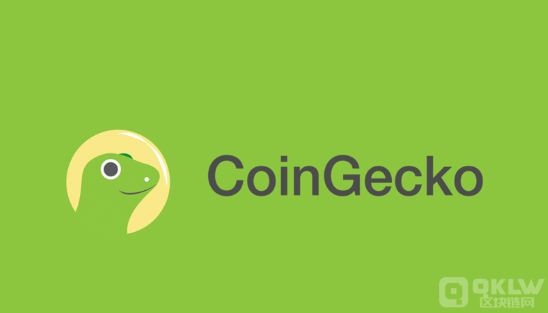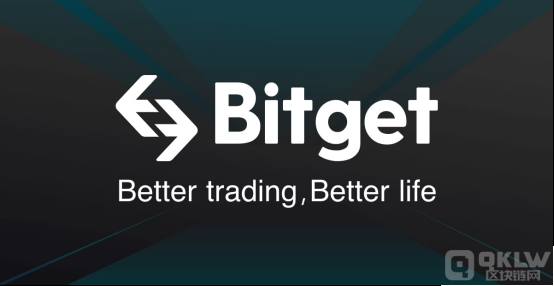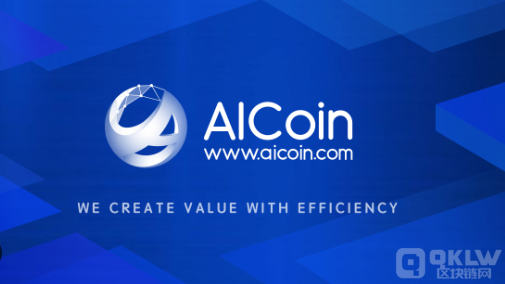量子链
-
Quantum Chain is a new blockchain technology that enables transactions to be conducted on a quantum network. Unlike traditional blockchain technology, which requires a distributed network of computers to store and verify data, Quantum Chain uses quantum encryption and advanced cryptography to ensure that transactions are secure, immutable, and tamper-proof.
Quantum Chain is based on a hybrid consensus model that combines blockchain and quantum computing to provide maximum security and scalability. It uses a quantum Merkle tree to store and verify data, and uses a quantum Rand function to ensure random order in the order of transactions. This system ensures that the consensus protocol is secure and that the data is immutable, tamper-proof, and resistant to manipulation.
Unlike traditional blockchains, which rely on a distributed network of computers to validate transactions, Quantum Chain is powered by specialized quantum hardware. Rather than relying on a complex network of computers, quantum computing devices communicate directly with each other as a single entity. This effectively replaces the complex network of distributed computers, allowing for faster and more secure transactions.
By combining this advanced quantum computing technology with blockchain, Quantum Chain provides unprecedented data security. The quantum Merkle tree is resilient against attack, and can be used to prevent data tampering. Furthermore, quantum computers are used to ensure randomness in the order of transactions, preventing third parties from predicting or gaming the system.
Quantum Chain is a powerful new technology that has the potential to revolutionize the world of blockchain technology. As the world moves increasingly towards a digital economy, this advanced technology can help to ensure that data is secure, immutable, and tamper-proof. As more companies and individuals look to adopt blockchain technology, Quantum Chain can help ensure that the security and privacy of data is maintained.



 2387813
2387813 







